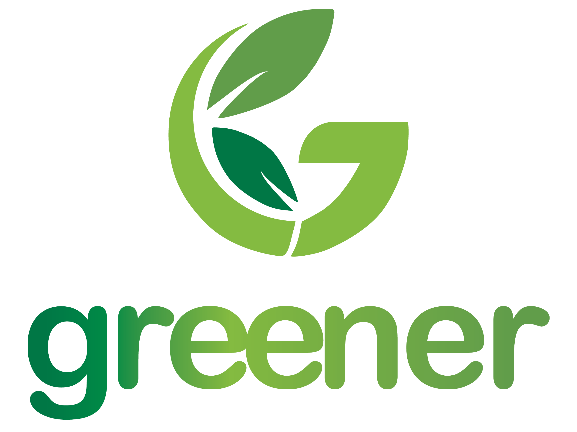GREENER
ABSTRACT
Increasing chemical pollution seriously compromises the health of ecosystems and humans worldwide. Hazardous compounds, such as polycyclic aromatic hydrocarbons, heavy metals and emerging pollutants contaminate soils/sediments, ground and surface waters. To prevent/minimise the risks associated with the accumulations of these chemicals in the environment it is key to establish low-cost/green methodologies for the treatment and redevelopment of contaminated areas. Several physico-chemical methods have been explored to remove pollutants in the environment, but these are complex, energy consuming or expensive. The exploitation of the capability of bacteria, fungi and phototrophs to transform toxic contaminants into harmless end-products, can lead instead to cheap and sustainable bioremediation alternatives.
GREENER proposes the development of innovative, efficient and low-cost hybrid solutions that integrate bioremediation technologies with bio-electrochemical systems (BES). BES, such as microbial fuel cells, break down organic contaminants through the action of electroactive bacteria while generating electrical current. We will investigate the synergetic effect of different bioremediation strategies and demonstrate effective pollutants removal in water and soil/sediments, while generating side products of interest, such as bioelectricity. The type and entity of contamination, along with the specific physico-chemical/microbial characteristics of the environment to be depolluted, will feed into a decision-making toolbox. The latter will allow the establishment of ad hoc integrated solutions, which will take into account effectiveness of biodegradation, costs, environmental risks and social aspects.
Fundamental research will be performed at lab-scale, while pilot-tests will be used to proof the scaling-up feasibility for field applications. Environmental benefits and risks, compared to standard remediation approaches, including energy efficiency, will be investigated.
Project Budget: 5.511.485,25 €
LEITAT Budget: 399.965 €
Financial Framework: Horizon 2020
Contract number: 826312
Start Date: 01/03/2019
End Date: 28/02/2023
Partners:
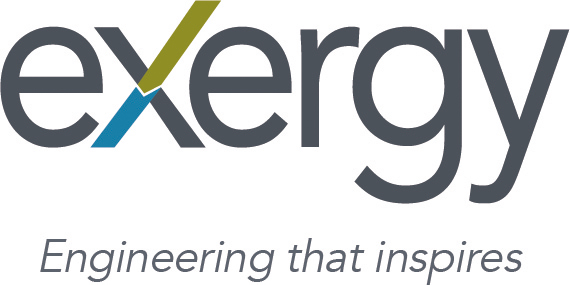
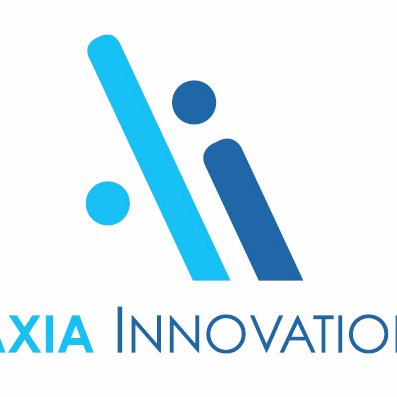


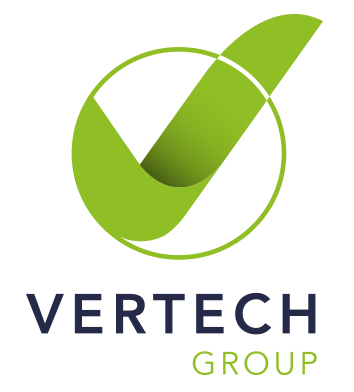
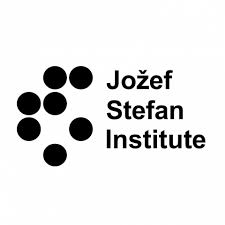

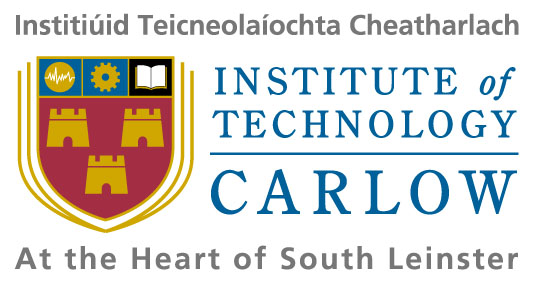
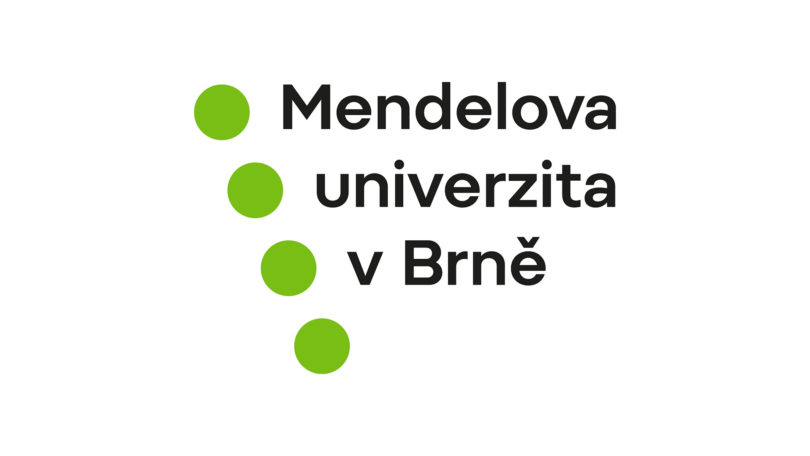

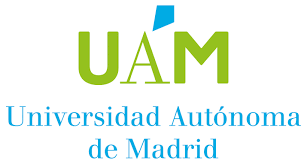


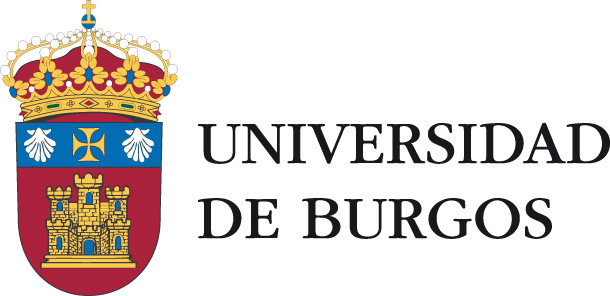

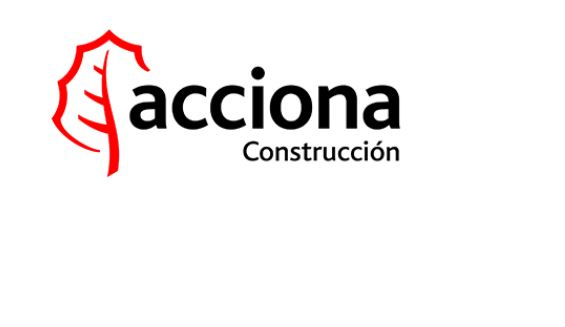

Contact Manager: xponte@leitat.org
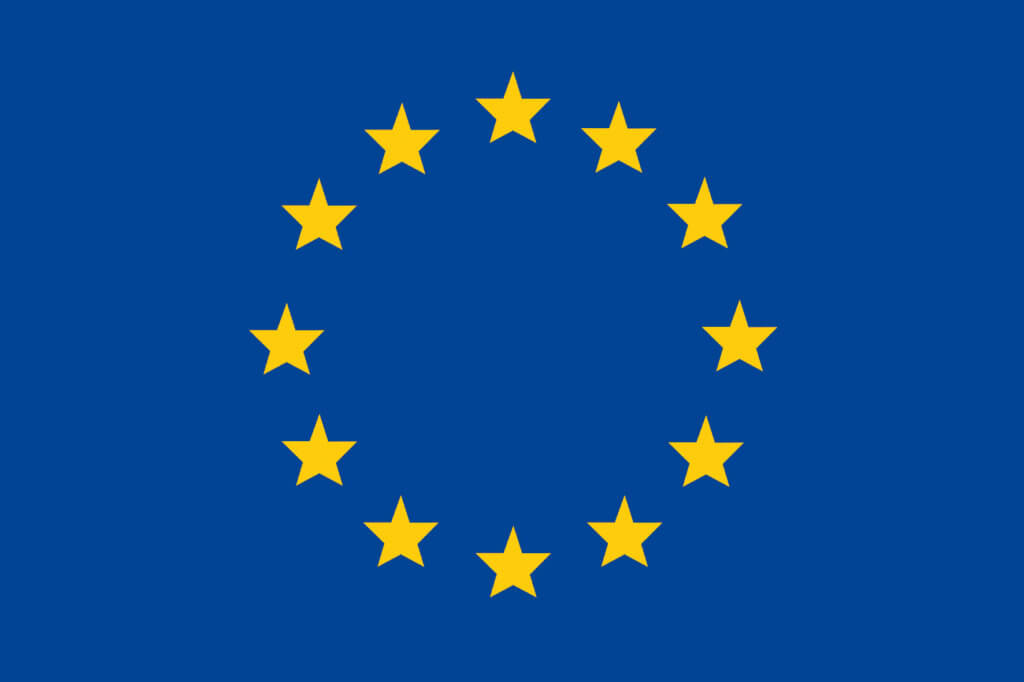
This project has received funding from the European Union’s Horizon 2020 research and innovation programme under grant agreement No 826312. This publication reflects only the author’s views and the European Union is not liable for any use that may be made of the information contained therein.

